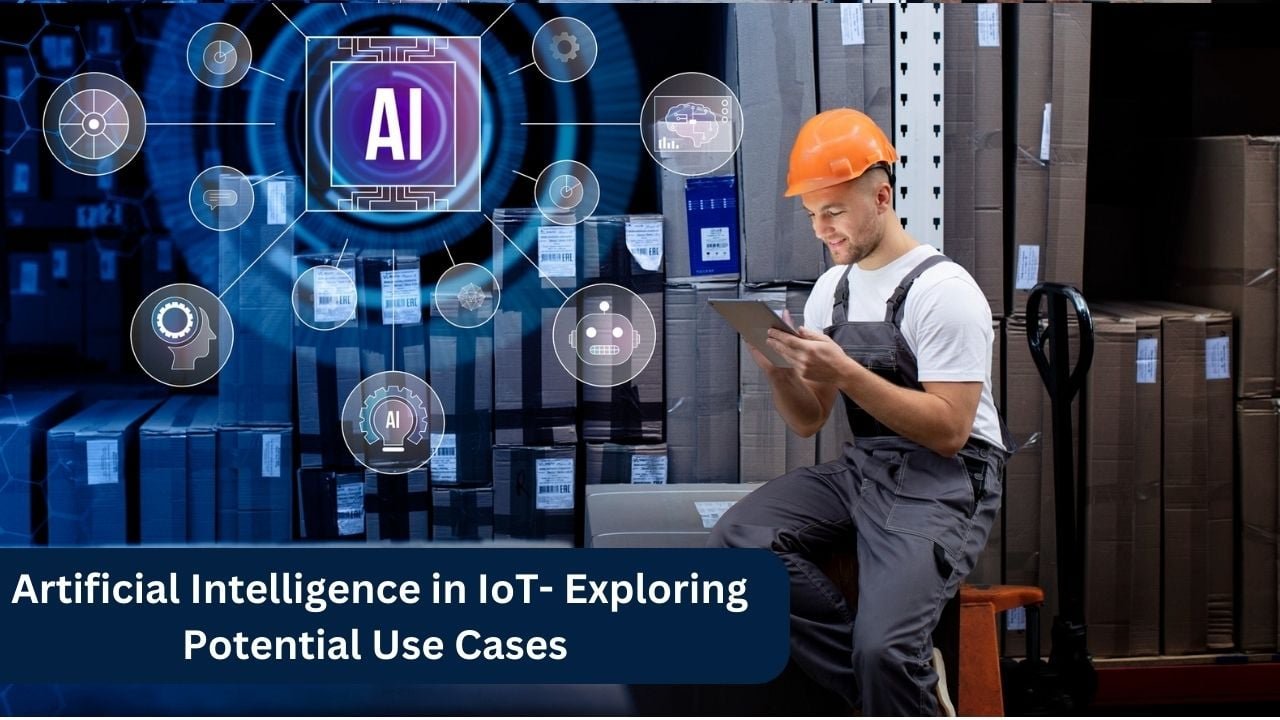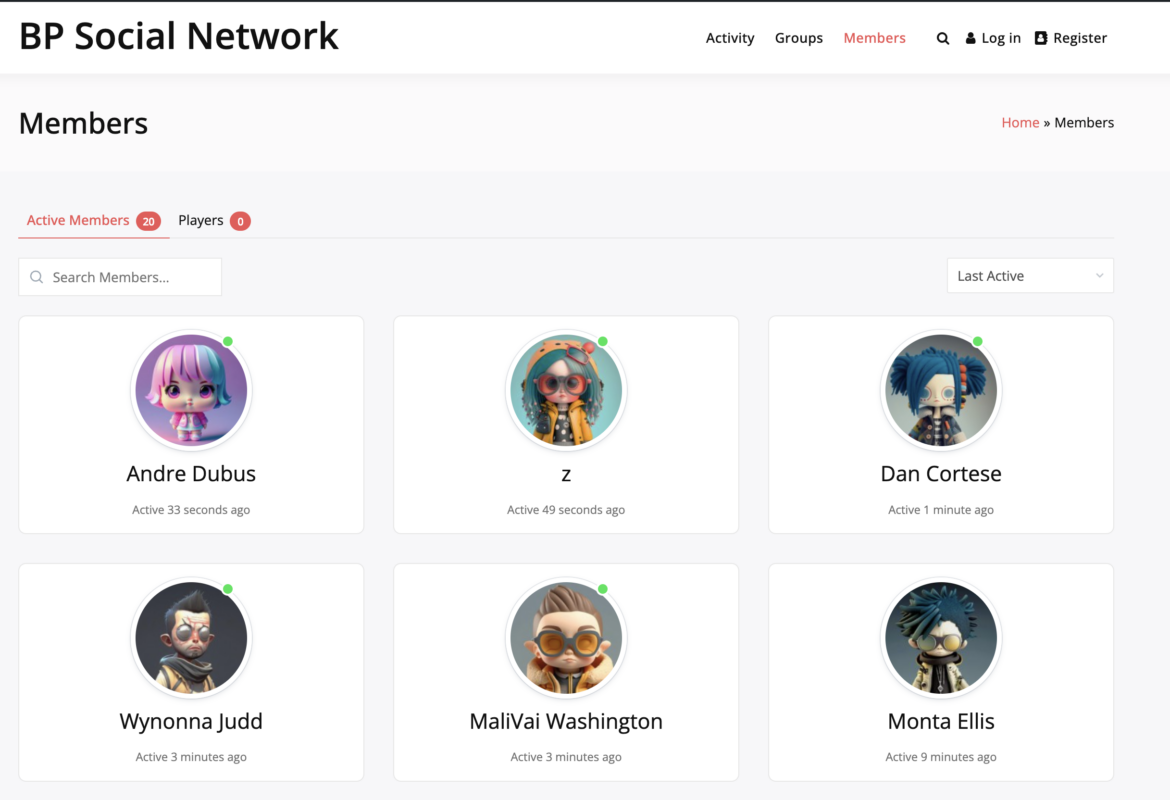There are plenty of reasons why AI has become so popular, including its ability to automate processes and make decisions based on data. With this in mind, it’s no surprise that AI has been applied to some common Internet of Things (IoT) use cases and is likely to become more prevalent as the technology continues to advance. If you’re curious about how artificial intelligence can be used in IoT applications, keep reading!
Create an online Community Website
Checkout BuddyX Theme Demos
Buy BuddyX Pro theme and Community Bundle Addons and create a highly engaging community platform Today!
Potential AI use cases in IoT

AI can be deployed to help with predictive maintenance. AI systems can learn how equipment is used, when it needs to be replaced, and when it’s in need of servicing. This type of technology has been explored by Siemens as a way to improve the efficiency of its facilities. Data science and artificial intelligence are tasked with addressing common challenges across a multitude of industries https://data-science-ua.com/industries/ai-in-iot/.
AI can also help autonomous vehicles navigate traffic safely and efficiently by providing real-time information about road conditions and local weather patterns. If you’ve ever driven in an unfamiliar city during rush hour traffic while rain was pouring down on your windshield (not me), then you know how helpful this could be!
As mentioned earlier, smart buildings are becoming more prevalent thanks to IoT devices like thermostats that monitor energy consumption within buildings so that owners can save money on their utility bills by reducing usage during peak times like afternoons or evenings when electricity rates tend to increase due to increased demand from other consumers such as homeowners who are cooking dinner for their families after getting off work at 5 p.
Also Read: 8 Effective Ways to Employ Artificial Intelligence in eCommerce
1. Predictive maintenance
Predictive maintenance is a popular use case for AI in IoT, and it’s easy to see why. Predictive maintenance involves using data from sensors on machinery to predict when equipment is likely to fail. This allows you to schedule maintenance before a breakdown occurs, thereby reducing downtime and increasing productivity.
AI-based predictive maintenance systems can analyze sensor data from anywhere in the world, even when there aren’t any humans working at the location making them ideal for detecting problems with remote locations such as offshore oil rigs or unmanned space stations.
2. Autonomous vehicles- Artificial Intelligence in IoT
Autonomous vehicles are likely to play a big role in the future of IoT. The technology is already being used by companies like Tesla and Uber, who have been testing self-driving cars on public roads for years now.
Automated trucks are also becoming more common, with companies like Daimler launching their own versions of autonomous trucks earlier this year. And drones have taken off as well; Amazon has developed drones that can deliver packages to customers within 30 minutes or less (if you live near an Amazon warehouse).
3. Smart cities and smart buildings
One of the most common uses of AI in IoT is in smart cities and smart buildings. Smart cities are cities that use digital technology to improve their performance, while smart buildings use digital technology to improve the performance of their inhabitants. Both types of environments can benefit from AI, which can be used for everything from traffic management and energy consumption tracking to crime prevention and waste management.
Smart city projects have seen huge success over the past few years: Dubai has launched an ambitious plan to become the world’s first “smart city”; Singapore has implemented an extensive sensor network throughout its downtown area; Copenhagen has installed more than 1 million sensors across its public spaces. The list goes on!
Also Read: What Is Your Vision For Creating A Thriving Community?
Conclusion on Artificial Intelligence in IoT
The takeaway is that AI can be a powerful tool for improving the IoT, but it’s important to remember that it’s still just a tool. The value of AI comes from its ability to do things that humans cannot do like process large amounts of data quickly and accurately but it cannot replace human judgment and creativity when making decisions or developing strategies.
In addition to exploring potential use cases for applying artificial intelligence in IoT systems, we also need to think about how these technologies complement each other: How does one benefit from another? What does each bring out in the other? For example, some people may see artificial intelligence as an excuse not to hire someone else who could help them build their IoT solution; however, if you’re interested in applying both technologies together then maybe this isn’t such an issue after all!
Interesting Reads:
Top Car Dealership WordPress Theme








